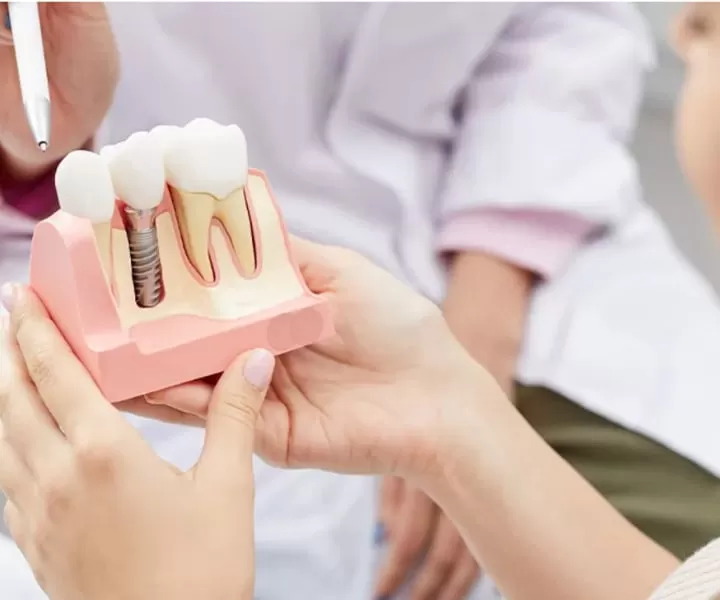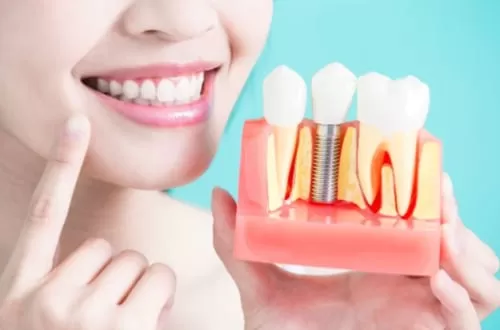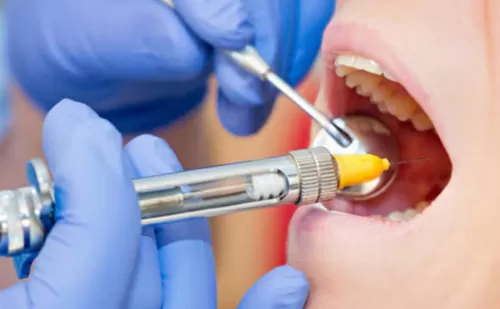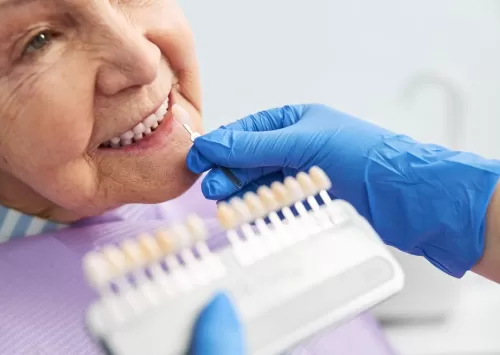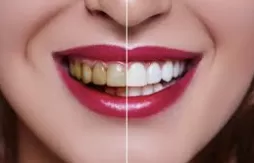Dental Replacement: Implants, Dentures, or Bridges—Which Is Right for You
Losing teeth can significantly impact your confidence and daily life. Fortunately, affordable dental implants offer a lasting solution to restore both function and aesthetics. Whether you're searching for cheap dental implants, full mouth dental implants, or one-day dental implants, finding the right provider is essential. In this guide, we’ll explore cost-effective options, explain different implant procedures, and help you locate the best dental implants near you.
Related searches
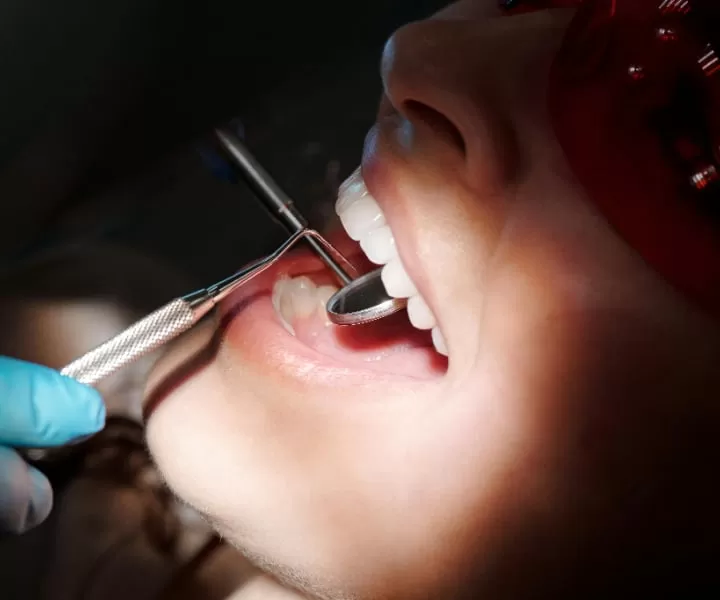
Dental Implants: The Gold Standard for Single-Tooth Replacement
Titanium implants mimic natural tooth roots, stimulating bone growth and preventing facial collapse. The American Academy of Implant Dentistry reports a 98% success rate for implants placed by specialists. While initial costs range from $3,000 to $6,000 per tooth, their 25+ year lifespan often makes them cheaper long-term than alternatives.
Best for: Patients with healthy jawbones who want permanent, low-maintenance replacements.
Watch for: 4-6 month healing periods and potential need for bone grafts ($1,200-$3,000 extra).
Dentures: Affordable Full-Arch Solutions
Modern dentures have evolved beyond slippery "false teeth." Digital scans now create FDA-approved flexible bases that grip gums securely. A full set costs $1,800-$5,000, but replacements are needed every 7-10 years due to gum shrinkage. Recent Johns Hopkins research shows implant-stabilized dentures (snap-in types) reduce bone loss by 62% compared to traditional models.
Best for: Seniors with multiple missing teeth or those prioritizing upfront affordability.
Watch for: Daily cleaning routines and adhesive costs ($120/year on average).
Bridges: The Middle Ground for Adjacent Gaps
Dental bridges use neighboring teeth as anchors, filling 1-3 missing teeth gaps in 2 weeks. At $2,500-$5,000 per bridge, they’re cheaper than implants but require filing down healthy adjacent teeth—a dealbreaker for 43% of patients in a 2024 JADA survey. Maryland bridges (wing-supported) offer less invasive options but work only for front teeth.
Best for: Patients with strong adjacent teeth and gaps too small for partial dentures.
Watch for: Increased decay risk where the bridge meets natural teeth.
3 Factors That Should Guide Your Dental Replacement Choice
Bone Density: Implants require 1mm+ of bone around the socket. Ask about 3D cone beam scans ($150-$450) to assess viability.
Insurance Coverage: Most Medicare Advantage plans cover 50% of dentures but $0 for implants. Private insurers like Delta Dental may cover bridges at 30%-50%.
Lifestyle Needs: Active patients prefer implants (no removal for sports/swimming), while budget-conscious retirees lean toward dentures.
Emerging Technologies Changing Dental Replacement
All-on-4 Implants: Full-arch fixes using just four posts ($15,000-$30,000 per jaw), ideal for diabetics with slow healing.
Zirconia Dentures: Metal-free, hypoallergenic options growing in popularity (35% of new denture wearers).
3D-Printed Same-Day Bridges: Chairside CAD/CAM systems like CEREC now create bridges in 2 hours.
How to Avoid Costly Dental Replacement Mistakes
Get Second Opinions: 22% of implant cases are misdiagnosed, per AAID—consult a prosthodontist.
Ask About Payment Plans: Many clinics partner with CareCredit for 0% APR financing.
Check Lab Certifications: Ensure replacements are FDA-cleared and made in ISO 13485-certified labs.
Final Tip
Schedule a free "Replacement Readiness" consult at dental schools like NYU College of Dentistry. Students supervised by licensed professors provide services at 40%-60% discount—a safe way to explore options without pressure.

Why More Americans Are Choosing Dental Insurance in 2025
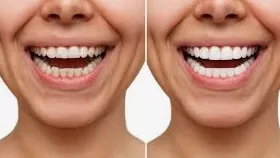
The Journey to Teeth Whitening Bliss
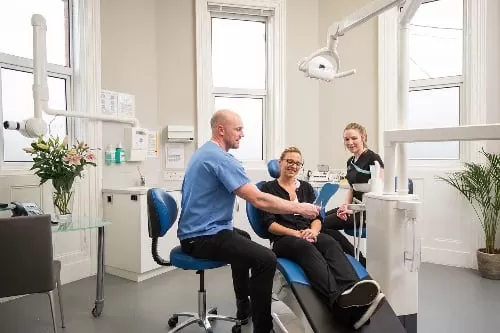
Start owning confident smiles now: Dental implant solutions make it possible

Choosing the Right Dentist for a Healthier Smile

Affordable Dental Implant Services for Seniors 2024
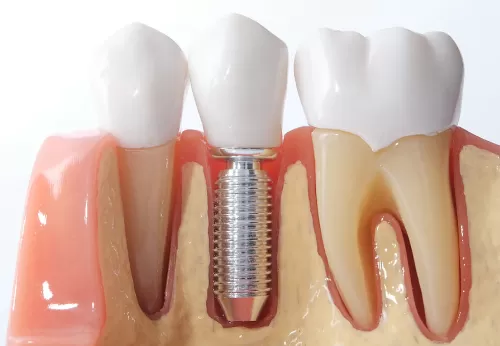
Pricing Standards for Dental Implant Clinics

